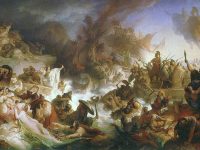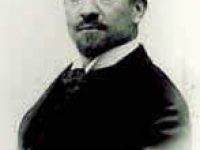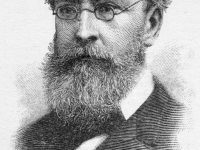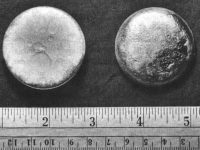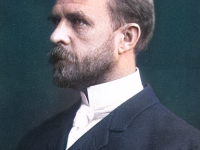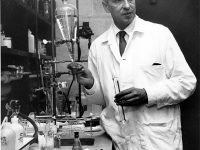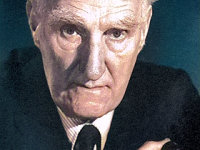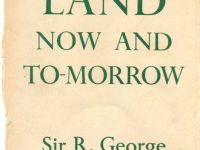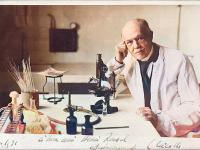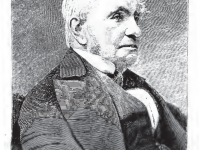Themistokles and the Battle of Salamis
On September 29, 480 BC, the Battle of Salamis took place, a naval battle between the Greek city-states under Themistocles and the Persian Empire under King Xerxes, which marked the high-point of the second Persian invasion of Greece. Herodotus – the Father of History Our main source for the Greco-Persian Wars is the Greek historian Herodotus, often referred to as the ‘Father of History’.[1] The Greek city-states of Athens and Eretria had…
Read more

